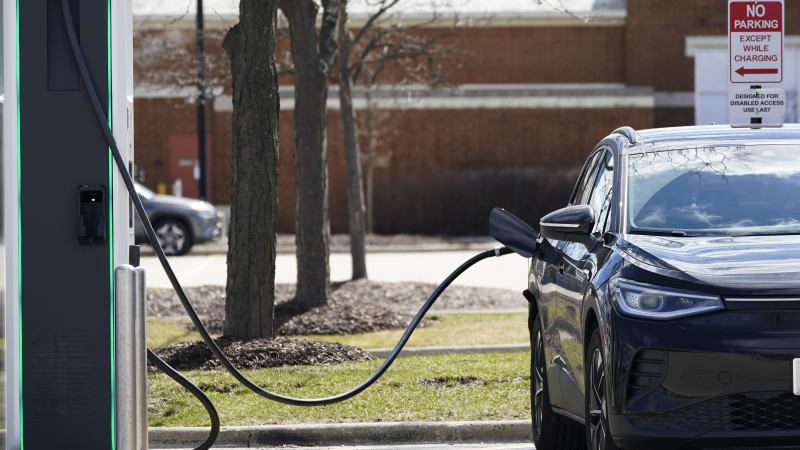Californians told not to charge their electric cars at times on Labor Day weekend

Mere days after approving a controversial plan to ban the sale of piston-powered cars by 2035, California officials have asked residents not to charge their EVs to avoid overwhelming the power grid over Labor Day weekend. The news was announced via a so-called Flex Alert.
The California Independent System Operator (ISO), an independent power grid operator, asked Golden State residents to voluntarily conserve energy between 4:00 p.m. and 9:00 p.m. during the three-day weekend. It explained that a looming heat wave is expected to strain the grid through September 6, 2022, and it expects that the peak load for electricity will exceed 48,000 megawatts on Labor Day.
Californians need to take three steps to save electricity: set their thermostats to 78 degrees or higher, avoid using large appliances and charging electric cars, and turn off unnecessary lights. California ISO added that residents will reduce the risk of more drastic measures, like rotating power outages, if they follow these guidelines. It also noted that motorists who drive an electric car can charge it before 4:00 p.m.
Over 40% of the nation’s plug-in vehicles are registered in California, according to Democratic governor Gavin Newsom’s office, and Labor Day is one of the busiest travel weekends of the year. California also pledged to ban the sale of gasoline-powered equipment, including lawn mowers, leaf blowers, pressure washers, generators, and chainsaws, in a bid to encourage residents to buy electric equipment.
Pacific Gas & Electric Co. sided with environmentalist groups in 2016 and agreed to close the Diablo Canyon nuclear power plant in 2025. However, in August 2022 lawmakers voted to lend Pacific Gas & Electric Co. up to $1.4 billion to keep the plant open until 2030. The facility’s two reactors produce a total of 18,000 gigawatt-hours of electricity annually, which represents about 10% of California’s energy portfolio, and the Los Angeles Times explains that the blackouts that hit California in 2020 convinced government officials to extend Diablo Canyon’s life.
Related video:



